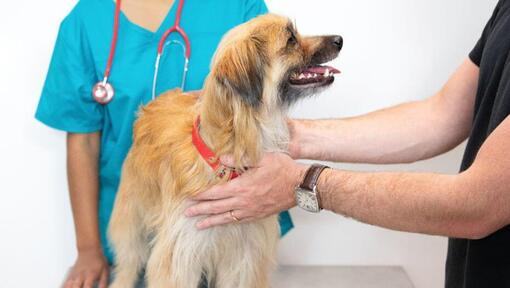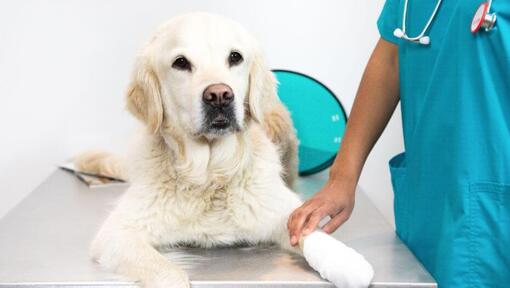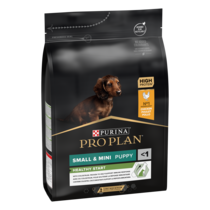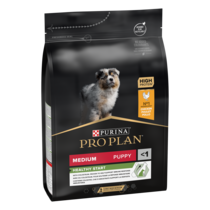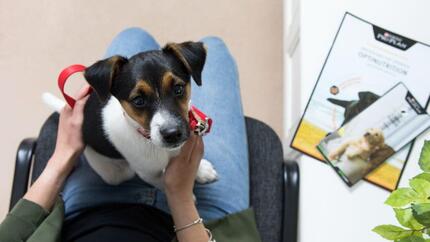

Dogs bring a lot of joy into our lives, but when they fall ill it’s all too easy to worry about the cost of treatment. That’s where dog and puppy insurance comes in! We’re here to help you find the right policy for you and your pet.
Veterinary care is improving all the time, but unfortunately, these treatments can be expensive. When your dogs under the weather, the last thing you want to worry about is having enough money to make them well again, which is why dog or puppy insurance is a great idea.
Taking out a dog insurance policy can bring you real peace of mind by taking the worry out of many stressful situations. Even so, you’ll need to be careful when choosing the company and policy for your pup, as there can be a wide difference between them – it’s not fun, but this time you really need to read the small print!
Have a chat with your vet about pet insurance for dogs and the different types of insurance cover you could benefit from. In the meantime, we’ve put together some things to consider when you’re looking for your new policy to help you on the way.
What to look for in a dog or puppy insurance company
When you’re thinking about how to choose dog insurance, it’s a good idea to look at the company, as well as the cover they offer. A good company means less stress for you should your dog need veterinary treatment. The first thing you should look out for is a good track record in terms of claims history, the types of claim made, and the frequency of claims. You can ask your veterinary practice for advice, or look for this kind of information on the company’s website.
The dog or puppy insurance company should also be easy to contact and offer a straightforward service. Make sure you look at how you can contact them – whether this is by phone, email or live chat. The company you choose should always be open to queries, friendly and helpful, you may need to contact them at a difficult time, so it’s important for you to find them approachable.
What to look for in a dog insurance policy
There are lots of things to take into consideration when you’re thinking about how to choose pet insurance. For example, it’s not just about how much they cost but what they offer and what the restrictions are too.
Here are some questions that might be helpful to ask when you’re looking for your perfect policy.
The cost of your dog's or puppy's insurance policy
The pricing of insurance and the policies may vary across the region. Please reach out to your vet or concerned authority for the details specific to your country.
Even though you want the best possible cover for your dog, you should take into consideration how much you can afford to pay each month. Overspending means more stress for you, and you don’t want to end up not being able to pay for your dog’s insurance at all!
Excess is the initial sum you have to pay for treatment before the insurance company covers the remainder. If the excess is very high you might not claim for less serious conditions, and this should be reflected in the monthly cost.
Check that things like your pup’s veterinary stays, medicines, anaesthetics, operations, imaging (x-rays and ultrasounds, for example) and laboratory charges will all be taken care of. This includes charges at referral level if your vet sends your dog to a specialist. You might also think about whether the treatment of behavioural disorders, and complementary medicines and treatments like acupuncture are covered.
Hopefully it never happens, but in some cases your dog might need extensive treatment at specialist centres. This can be very expensive and a low maximum pay-out could mean you can’t afford these treatments, even with insurance. Think about the potential costs of treatment and compare it to the pay-out offered.
Some dog and puppy insurance companies also put a limit on the total sum they’ll pay every year, regardless of the number of conditions your dog has – so you might want to consider this too.
If you live in a more urban area you might have to pay a higher premium. You should also find out if treatments for congenital or hereditary conditions are covered. This is important for pedigree dogs, as some breeds have known hereditary disease problems and will need to be insured accordingly.
If you’re covered for third-party costs, you’re protected if your dog causes damage or injury. Even if your pet doesn’t mean to cause trouble, mishaps sometimes happen so you might want to consider this type of insurance. You should also check your house and contents insurance, as some policies cover legal liability for injury or damage caused by pets – which you may find incredibly valuable during your pup’s teething stage!
Most dog and puppy insurance companies provide a discount if you have multiple pets in the same home, so it’s a good idea to look around and see what’s available.
What does the dog or puppy insurance policy offer you?
Does the cover last longer than one year per condition?
Many conditions affecting dogs can impact them right from puppyhood, like diabetes.
Policies offering shorter cover may still be suitable for your dog, but you need to be aware of these restrictions in the case of making a claim.
Will the company pay for holiday cancellation due to pet emergencies?
This is something that a lot of pet owners don’t realise that their dog or puppy insurance company can offer. If your dog or puppy suddenly needs surgery as you’re about to go on holiday, some policies might pay for, or contribute to the cost of your cancelled holiday. Others may even pay towards kennel fees if you need a hospital stay yourself. If you think these things might be helpful, look for a policy that includes these things.
Restrictions to look out for in your dog or puppy insurance policy
Is the cover affected by your dog’s age?
Sometimes your dog’s age may contribute to the kind of cover you can get. If you have an older dog, you may need to consider specialist dog insurance as some will refuse to cover older dogs, or they might ask you to pay a proportion of your dog’s treatment after a certain age.
Does your dog have a pre-existing medical condition?
If so, a new policy is unlikely to cover the costs associated with its treatment – only conditions that develop during the course of the policy are eligible. However, some companies will reinstate the cover for these conditions if your dog has not required treatment for it for a while – check with the company if you think this applies to you.
Will there be a lump sum if your dog gets lost, is stolen or strays?
Although it hopefully won’t happen, some dog and puppy insurance companies pay a lump sum if your dog gets lost, is stolen or strays. Others contribute to the cost of making missing notices and may even help out with offering a reward to help you find your dog.
Are the costs of special diets covered?
Some dogs may have certain health problems which can be managed through special vet-recommended diets. If your dog or puppy requires this kind of diet, you may be interested to know that some policies might even include covering the cost of or contribute towards this.
Is a lump sum payment made if your dog is put to sleep?
This may be important if you have an expensive pedigree dog, as some will cost a large sum of money. It’s every dog owners hope that their pup stays healthy and happy for a long time, but should the worst happen, the additional payment can help you cope. Please check with your vet or insurance providers for specific details.
Are there any other restrictions on the policy?
You really need to go through the restrictions on your dog or puppy insurance policy with a fine-tooth comb, as there’s lots of things they might not pay out for. For example, some policies won’t cover your dog’s dental treatment unless they have their teeth checked by a vet yearly. Other policies might require complete and up-to-date dog/puppy vaccinations or other health checks.
Have a look at the small print to find out what the restrictions are so you can stay informed and make sure your canine friend is always covered. Although it seems like there’s a lot to think about, with a little research you’ll soon find the right policy for you and your pup. It’s important to get it sorted early on though, but some puppy breeders may offer free insurance for the first month, which will give you plenty of time to shop around for the perfect cover.
Want to find out more about the potential financial obligations that comes with owning a puppy? Read our article all about the costs of puppies.


